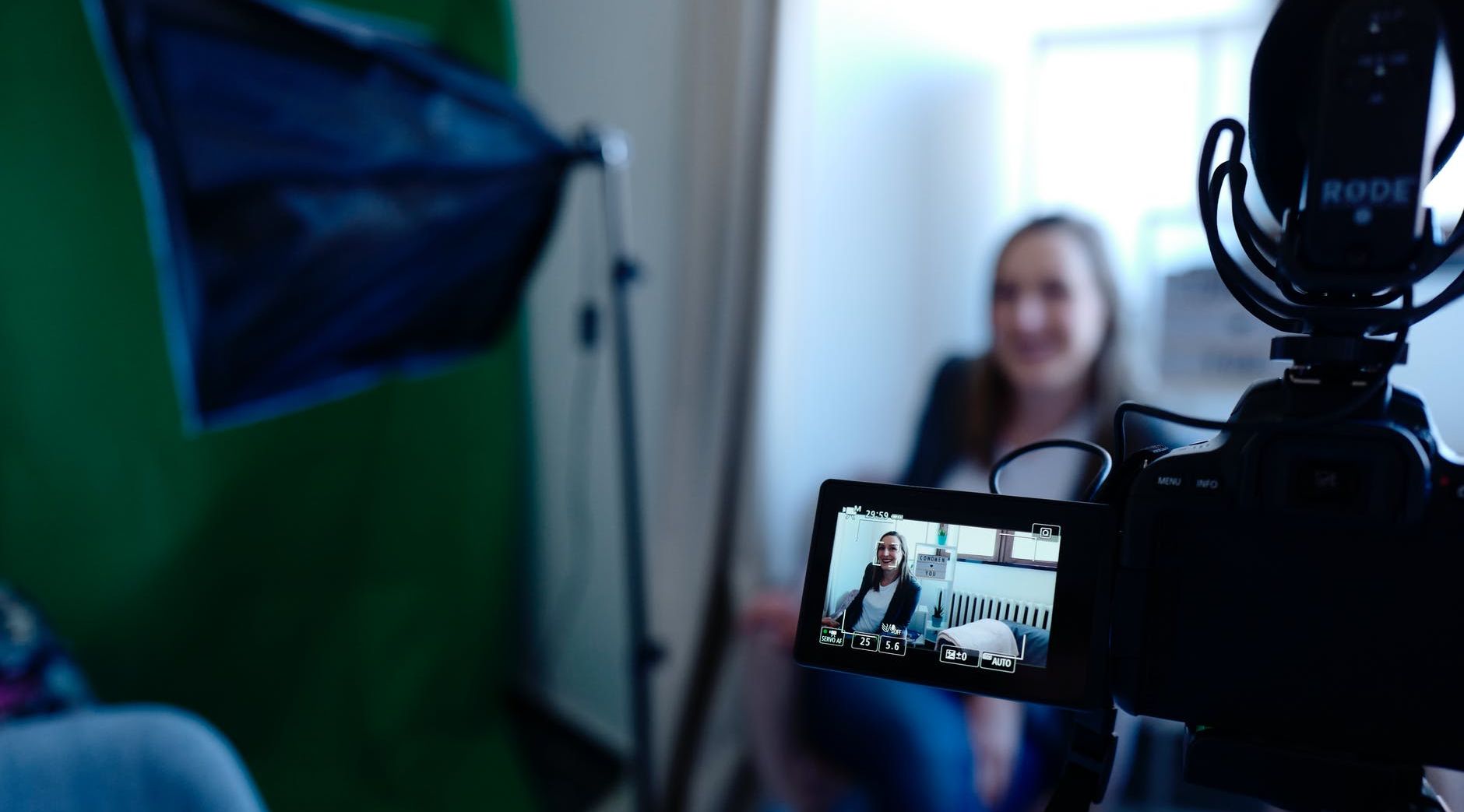UAE health experts have warned residents against following health influencers, as they lack qualification to recommend medications or their suggestions could be favoring the products they’re promoting. Doctors have advised residents to follow information that is accurate and beneficial for well-being, sourced from the local health authorities and medical professionals.
A new survey by YouGov has revealed that three in four UAE residents follow some kind of influencers on social media. As many as 29 per cent of UAE residents follow health influencers.
Dr George Cherian, an internal medicine specialist at Aster Clinic, said the fact that a large number of residents follow health influencers is not encouraging. “They are not experts in medical terminology and may not impart the right messages. Medical information should be received only from the local health authorities which is the most reliable source,” he said.
Dr Ammar Safar, ophthalmologist at Moorfields Eye Hospital UAE, said health influencers recommend services and providers based on personal opinion, due to this recommendations may be biased and beneficial to them only. “Some health influencers may not have required healthcare qualification to assess the level of medical advice given by a provider. Therefore, the public is advised to know the background of the influencer to be sure of the advice being given to them,” said Safar.
According to YouGov’s latest survey, YouTube is the most popular media on which UAE residents follow influencers. This is followed by Facebook (62 per cent), Instagram (56 per cent), TikTok (36 per cent), Twitter (32 per cent) and Snapchat (20 per cent). 19 per cent of residents claim that they don’t follow any influencers.
Lina Shibib, a nutritionist at Medcare Hospital, said endorsements by social media influencers do not always represent their experience. “Even if an influencer claims that a product or service was effective or amazing, the risk is always there that the same would not work for you, or even worse, it may have serious side effects for the followers. Influencers tend to present various efficacy claims, but omit all risk information and limitations of the use of products and services,” she said.
“Many of my patients receive medical advice on social media, and eventually come and ask for my professional opinion. I think social media is a great tool for people to know about the various treatment ways, but they should proceed with the treatment and medicine after it has been approved by a doctor,” she added.
Dr Jasbir Chhatwal, head of department and specialist for obstetrics and gynaecology at Zulekha Hospital, Dubai, pointed out that social media influencers can have both positive as well as negative impact on people. “As we know there can be inauthentic partnership and content endorsed by health influencers which should not be trusted blindly by people. Their ability to portray accurate messages is something that should not be overlooked by people. Check the authenticity and regulatory bodies approval before believing and following blindly the different health influencers,” she said.
Dr Mohammed Ashraf, specialist for internal medicine, at Zulekha Hospital, said health influencers work by influencing and persuading their followers to buy medical products, some exercises and reject treatments proved by science, or even vaccinations. “Since medical degree or training aren’t required to be a medical influencer, not all advice is sound and some can be dangerous to follow. For example, some may quit the medications substituting it to only diet and lifestyle or some fancy herbal products to control hypertension, diabetes etc. and land up in serious complications like stroke, coma or organ failure,” said Dr Ashraf.
“Any information obtained from influencers need to be verified by competent medical practitioners to avoid serious health consequences. Healthy diet and lifestyle should be the motto and seek medical attention when necessary is a sensible and clever practice,” he added.
Most followed influencer types by UAE residents:
· 29 per cent health
· 28 per cent food
· 26 per cent sports
· 24 per cent celebrity
· 23 per cent music
Social media channels UAE residents follow influencers on:
· 66 per centYouTube
· 62 per cent Facebook
· 56 per cent Instagram
· 36 per cent TikTok
· 32 per cent Twitter
 AR
AR UR
UR
